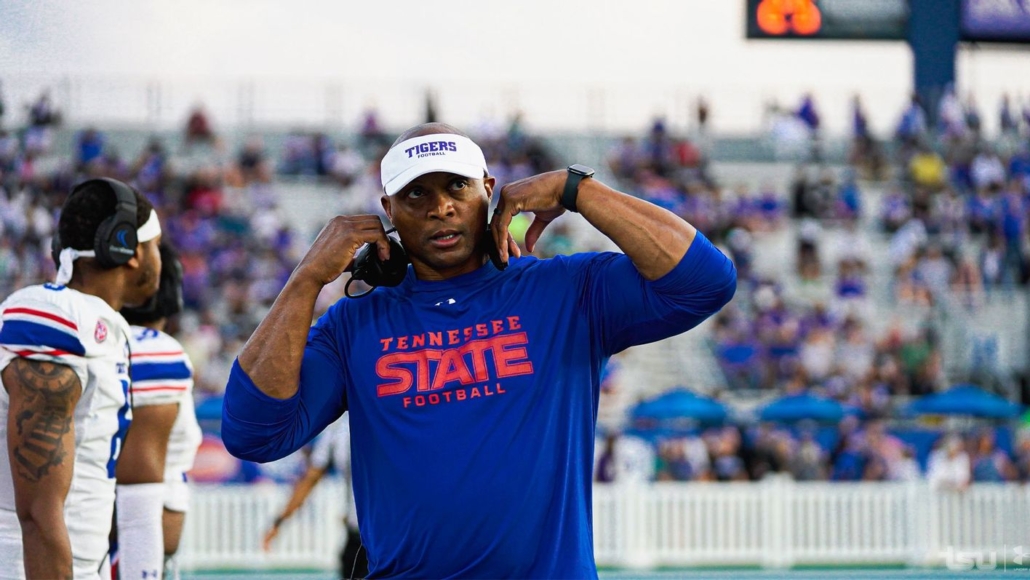A new housing option began this year allowing men and women to live together, but it may not be for the reasons you think.
The housing is primarily for people who consider themselves transgender, gender neutral, gender non-conforming, cross-dressing people or people who are non-binary, however it encompasses more people, said Tobias Spears, assistant director in the office of Multicultural Affairs.
There are currently about 20 students living in what is being called gender-neutral housing, said Sarah Waters, director of Residence Life.
The University has implemented the housing in Founders Hall. Other universities in the state that offer gender-neutral housing are Miami University and Ohio University, Waters said.
“It was all by choice,” she said. “We did an application process for our continuing students. Only students who opted in are living within that block of rooms in Founders, we didn’t just put anyone there.”
This process started in August 2011 when Spears was appointed as Chair of the LGBT Advisory Board and began to talk to students about what they wanted.
“What I found is that many students and faculty that were a part of the board were asking about gender-neutral housing, and that we want to be more inclusive of people who identify as transgender,” he said. “It’s not just about the LGBT community, it’s also about creating spaces for people in general.”
The gender-neutral housing could also accommodate siblings or families who want to live together, but do not want to live off campus, Spears said.
Waters said it is important the housing was implemented because it is a part of Residence Life’s mission to create environments that make people feel safe.
One of the misconceptions Waters saw arise with gender-neutral housing was the idea that people thought they were going to be put in it unknowingly.
“We quickly explained that’s not the case,” she said.
Waters said she didn’t think gender-neutral housing was not a controversial idea because the students wanted to have it.
Senior Danielle Oetjen said she thinks the gender-neutral housing will be mostly positive.
“Whenever rules change there is always one negative thing that happens,” she said.
There are no first year students living in the dorms, Waters said. However, no students were turned away if they applied.
Luke Grabski, the president of VISION, said having gender-neutral housing will effect the perception of the University.
“It shows them the University itself is willing to provide that safe space,” he said.”[The University] is willing to go out there and do things that not a lot of universities haven’t done yet.”
Returning students may think about the housing in a different way, Grabski said.
“It may open up their eyes,” he said. “They may not have realized there was a need for gender-neutral housing.”
Spears said the main concern is how students feel while in their rooms.
“I think that a part of creating inclusive communities is allowing people to be safe and feel safe,” he said.
Spears said when people look at a college student they look at a ‘holistic’ student, which means they look at every aspect of a college students life— not restricted to academics.
“It’s not just about you going to school,” he said. “It’s also about feeling safe where you live.”













